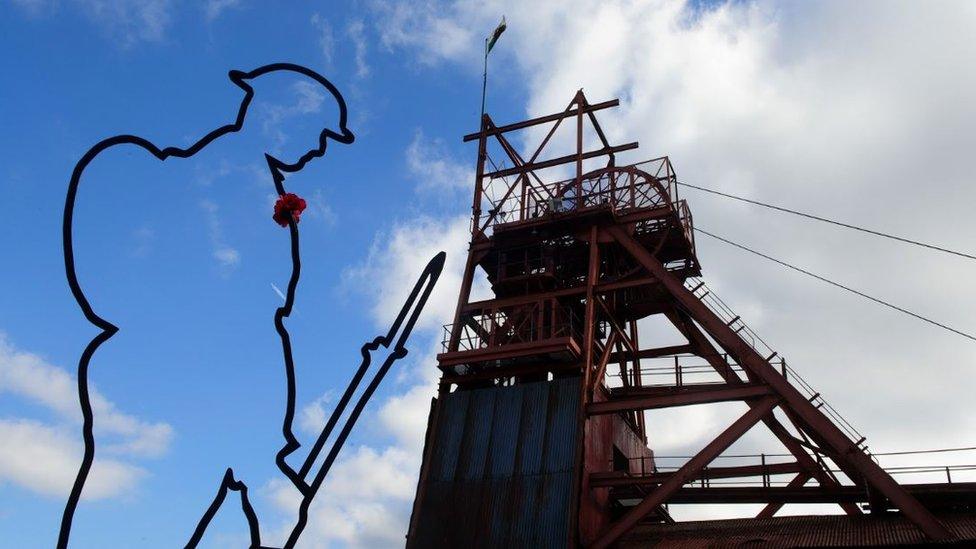The Treaty of Versailles' impact on the Welsh coal economy
- Published
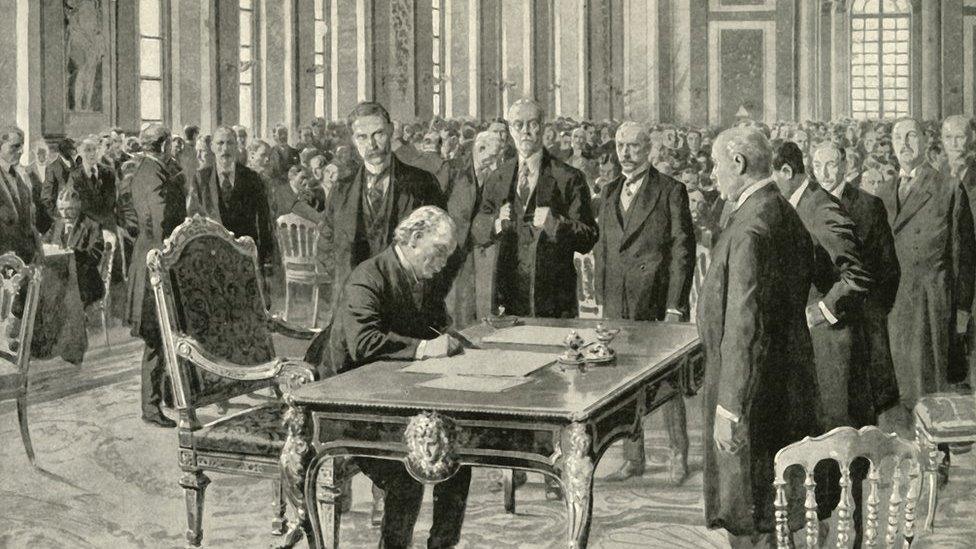
The treaty was signed in the Hall of Mirrors in the Palace of Versailles
Ever since it was signed on 28 June 1919, historians have debated whether the cause of World War Two was rooted in the imperfect World War One peace Treaty of Versailles.
Certainly Versailles' harsh terms sowed the seeds for the German dissatisfaction which bore the Nazis to power.
But was it even a good peace for the victors?
The Welsh coal-exporting economy in particular was devastated by the amount of "reparation coal" dumped on the market by Versailles' demands that Germany should repay the allies' estimated war costs of 132bn Marks (about £300bn in today's prices).
However, Swansea University historian Dr Gethin Matthews believes the picture is more complicated than that.
"There are two schools of thought about the Treaty of Versailles, that it was too harsh on the Germans, and conversely that it was far too lenient.
"Both are true to some extent; it weakened Germany enough to cause genuine hardship for its citizens, but not enough to prevent it from being able to recover and re-arm less than 20 years later.
"Though to say that Versailles directly led to the demise of the coal industry in Wales is to ignore several other factors."

Versailles' main provisions
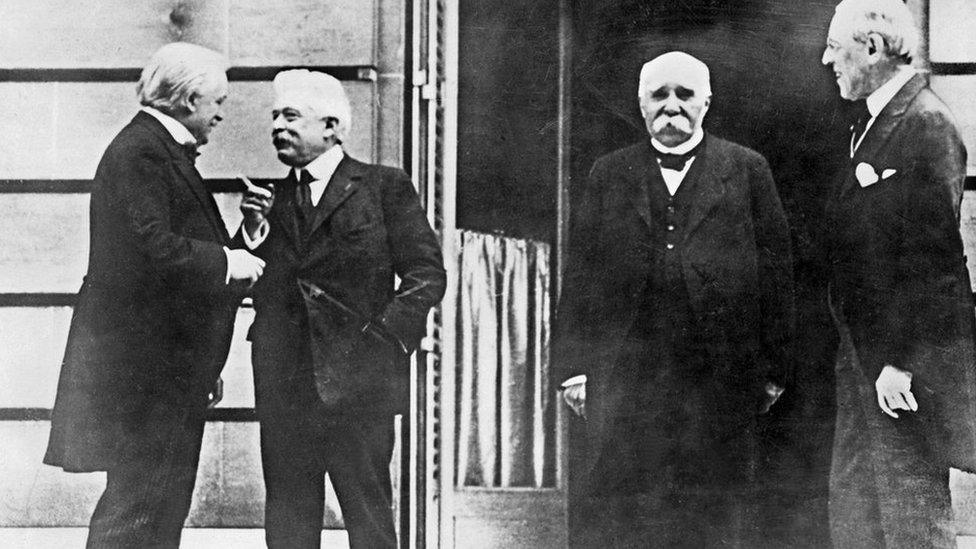
UK Prime Minister David Lloyd George, Italian President Vittorio Orlando, French President Georges Clemenceau and US President Woodrow Wilson led the negotiations in Paris
The creation of a League of Nations, to prevent further world conflict
Germany had to accept the responsibility for causing all the loss and damage during the war - the War Guilt clause
Germany had to pay reparations to the value of 132bn Marks
The German armed forces were reduced to 100,000 troops, no tanks, a navy of six battleships and no submarines, and no air force
All German and Turkish colonies were forfeited and put under Allied control
Poland, Finland, Lithuania, Latvia and Czechoslovakia all became independent countries
Austria-Hungary was split up and Yugoslavia was created

Seemingly by far the most significant of these for Wales was the war reparations provision.
Even at the time of its signing, economist John Maynard Keynes prophesied that reparations would ruin the economy of Europe, and he was scarcely alone in this opinion.
Then Prime Minister David Lloyd George had been the moderating voice of the "Big Three", interceding between the hard-line French Prime Minister George Clemenceau and the lighter-touch American President Woodrow Wilson.
He accepted the plaudits for concluding the peace treaty at the time, when everyone was relieved the fighting was over, and yet he was also quoted as predicting that: "We shall have to fight another war in 25 years' time."
British diplomat Harold Nicolson concurred, calling it: "Neither just nor wise." He described the people who drafted the Treaty as "stupid".
With the Mark diminishing from 7.80 Marks-per-Dollar in 1919 to more than four-trillion Marks-per-Dollar by November 1923, the Allies chose to instead redeem their reparations in hard goods, such as coal from Germany's Ruhr Valley.
"France effectively had a free supply of coal throughout the 1920s," explains Dr Matthews.

Dr Gethin Matthews is a senior lecturer at Swansea University
"That had a massive impact on Welsh coal exports, as how can you compete with a supplier who is effectively giving away their coal?"
In 1914 Wales had employed a quarter of a million men mining 57 million tonnes of coal a year.
At the time this represented a large proportion of the nation's coal output, but by 1929 this had diminished.
Undoubtedly reparation coal had played a part in this, though Dr Matthews says this was not the only factor.
"During the war virtually the entire coal production of Wales had gone to serve the Allied war effort. Meanwhile the traditional markets had been forced to find new suppliers, such as Australia, USA, and China.
"At the same time technology had advanced coal production exponentially; technology with which Wales hadn't kept pace.
"Industrial disputes during the 1920s made Welsh coal still less competitive."
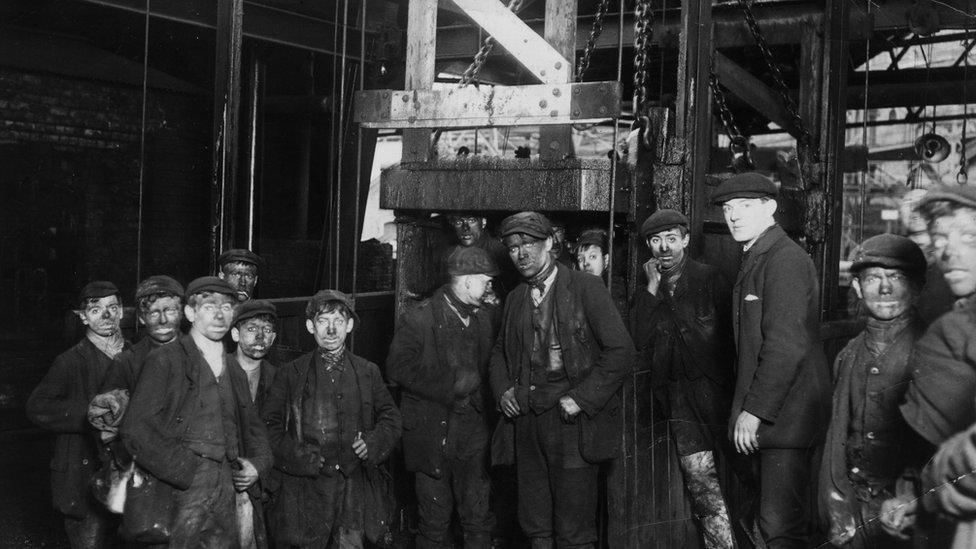
Coal miners descending the Bargoed Mine in the early 1900s
Indeed, in addition to Versailles, Dr Matthews argues it could have been the lesser-known treaties of Sèvres and Lausanne - which established peace with the Ottoman Empire - which contributed to the decline of Welsh coal.
"Sèvres and Lausanne ceded vast tracts of the Middle East to Allied control, such as the British protectorates of Iraq and Palestine.
"The British-controlled Iraq Petroleum Company for the first time granted the UK virtually limitless access to oil, which speeded up the conversion of shipping from coal, and also assisted the proliferation of the car, to the detriment of the train.
"Thus the bottom fell out of the market for steam coal - which was a speciality of places such as the Rhondda valleys.
"Who's to say whether this ultimately harmed the Welsh coal industry as much or more than the Treaty of Versailles?"
In a previous version of this article, we incorrectly said that in 1914 Wales was mining a third of the world's coal output, but by 1929 this had diminished to 3%. These figures were wrong and we amended the article on 25th March 2024 after the error was brought to our attention.
- Published28 June 2019
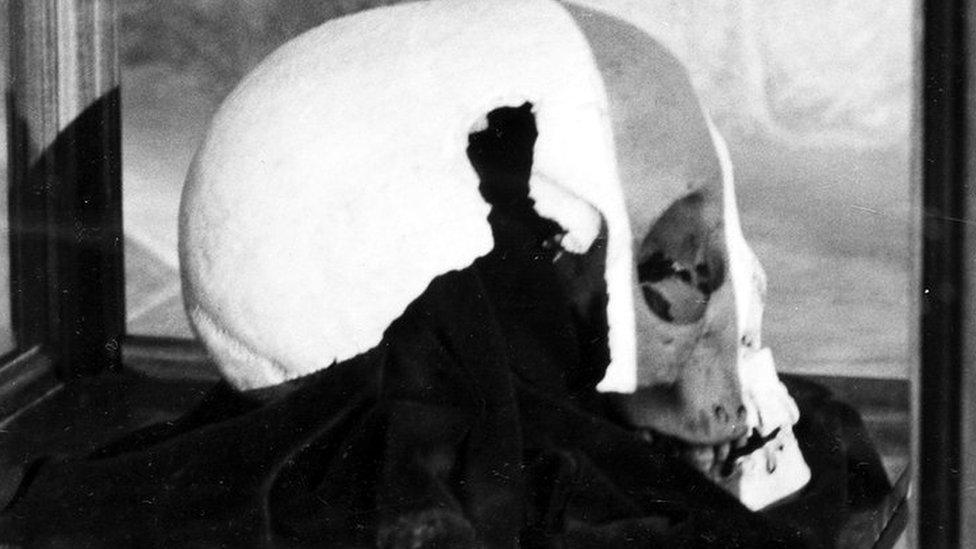
- Published8 November 2018
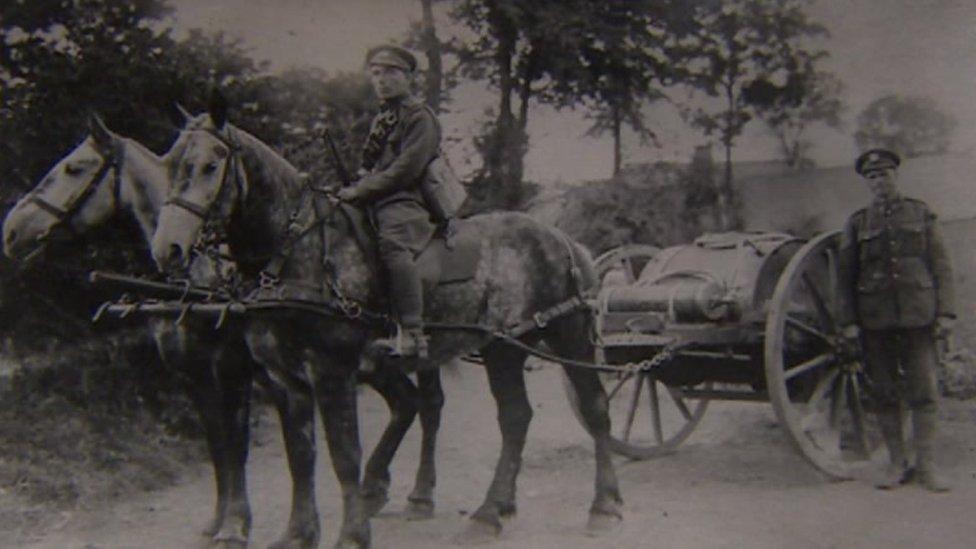
- Published8 November 2018
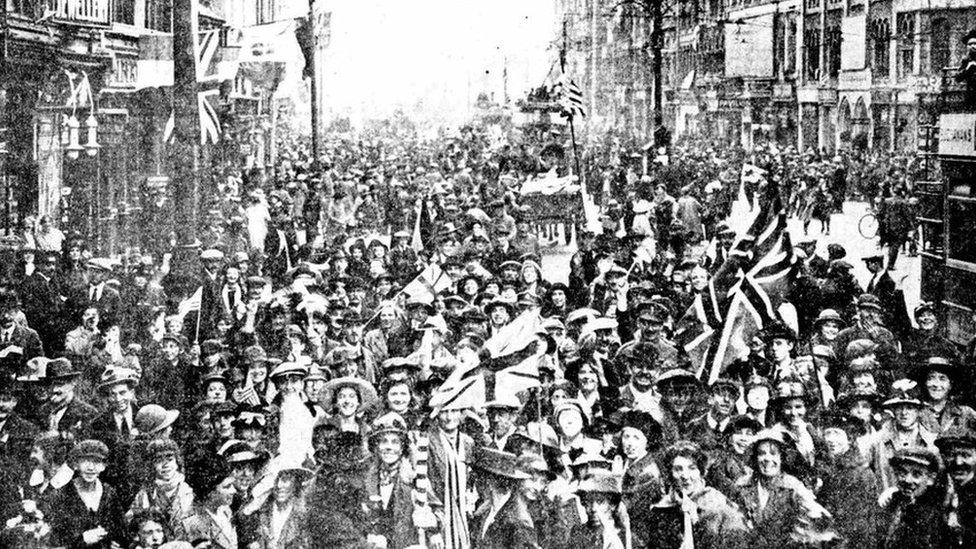
- Published7 November 2018
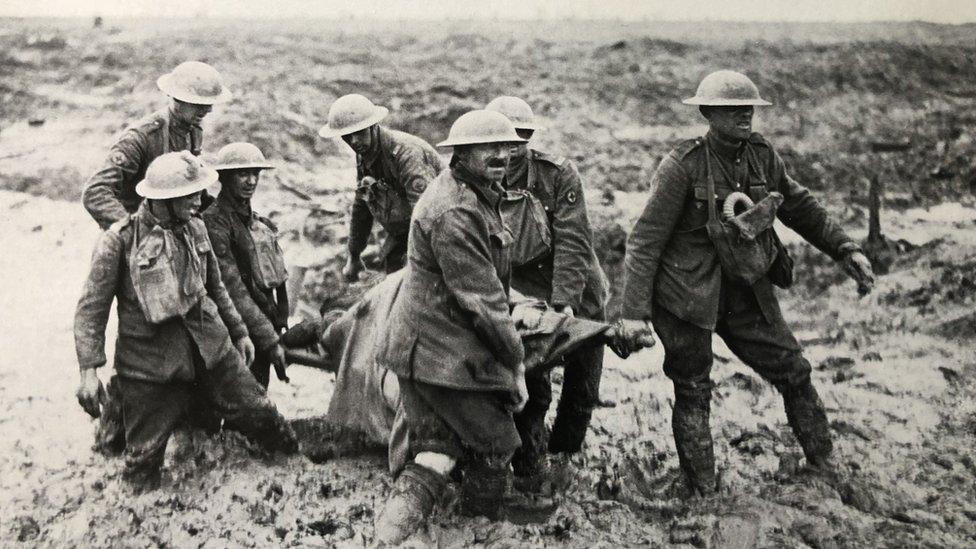
- Published6 November 2018
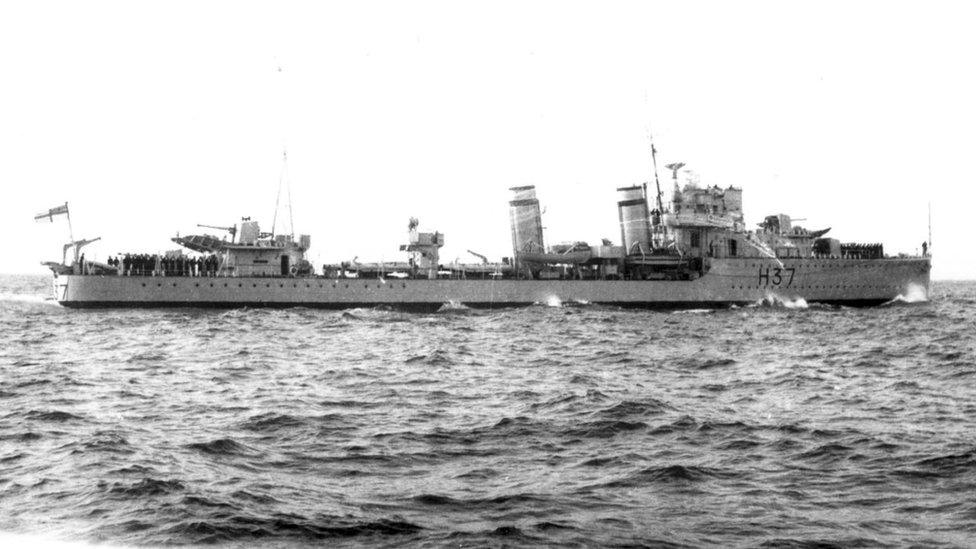
- Published28 February 2018
